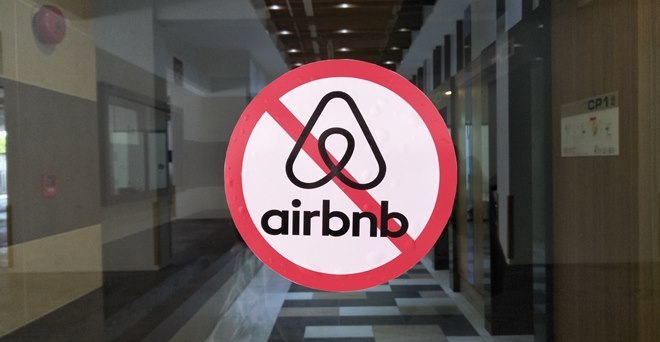Bylaw changes are potentially coming to the City of Toronto. These no doubt will be followed not long after by changes to the bylaws of municipalities near you. These changes have to do with regulations around the rental of both homes, and individual rooms within those homes, under the umbrella of service providers such as Airbnb. The regulatory changes will only impact absentee landlords who are renting out units for which they are NOT the principal resident, by restricting their right to do so. According to one recent Toronto Star article, this could return as many as 5,300 rental short-term rental units back to the marketplace. This is good news for those looking for homesharing opportunities and that’s why we’re talking about it in today’s blog.
Services such as Airbnb provide travelers with options for staying in a city outside of traditional hotels that are often less expensive and often provide them with a kitchen to cook in and the opportunity to become “fully immersed” in the city they are visiting. The growth in available Airbnb units has been exponential – at the expense of local inhabitants looking for rental accommodations. According to the article, these homes currently account for “more than a third of the listings in Toronto and most of the $214 million (in short term rental income) a year in revenue.” This means that for many who are looking for a room to live in, there just isn’t enough availability.
From a homesharing perspective we believe this means that, should a landlord wish to continue drawing an income from the property they own, homesharing now has more appeal. And a return to the market of available housing units would “in the short term, roughly speaking, double the available supply of vacant, for-rent apartments.” Both these factors open the door for more homesharing arrangements to be made between homeowners and tenants — and that’s a good thing!
We’ve defined homesharing often enough now that we know our readers understand the clear difference between homesharing and short-term rental agreements. This article merely points to the potential upswing in the availability of homes that could be “returned” to the market to be used as homeshares rather than as short-term vacation rental properties. Owners interested in homesharing are not subject to the same bylaws under proposal. This is because the home would be the principal residence of the owner who, by agreeing to homeshare, is merely entering in to a long-term tenancy arrangement with an individual who will be sharing space with them. Homesharing is a wonderful opportunity to stay in your current residence and share the expenses of living with a fellow senior (or any adult!) If you’d like to know more about homesharing, how it works and how to connect with other like-minded adults interested in learning more, contact Dorothy Mazeau, (SRES) an Accredited Senior Real Estate Specialist and owner of Golden Homesharing Connections, which operates the Golden Girls Canada home-mate matching website.
Want to know more?
Tune in to the Zoomer Radio 740AM show “From a Woman’s Perspective” the first Saturday each month and listen to Dorothy dish on housing options!
Invite Dorothy to speak at your next service club, church or social group meeting. Her presentation *An Introduction to Golden Girls Living * offers plenty of food for thought!

